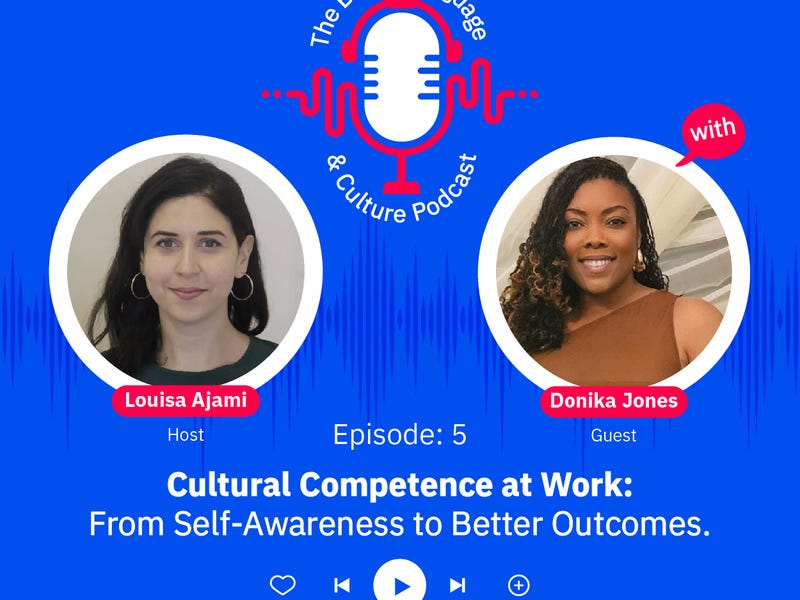What is a polyglot and how do I become one?
A polyglot is someone who knows several languages and is able to understand, converse, read, and write in each one.
Sharon Melamed, Director at Matchboard, is a perfect example. She speaks five languages, has worked in five countries and is an accredited translator in Japanese and German.
She says that learning a language is fun, but there are no shortcuts. The languages you choose to learn should depend on your individual goals.
“You have to be patient and dedicated, so it’s very important to have an end-goal for motivation,” she says. “Whether that’s to close a deal in your target language, or to communicate with your mother-in-law without an interpreter.
I studied French, German and Japanese at university. But, I always knew that Japanese would be the breadwinner for my career, as Japan was Australia’s biggest trading partner and source of tourists at the time.”
So, what are her key tips on how to become a polyglot?
1. Be prepared to make mistakes
When you’re learning a new language, it’s normal to feel conscious about making mistakes, especially with native speakers. But, if you don’t practice, you won’t learn or get better.
“The key is not to aim for perfection,” says Melamed. “As long as you’re making yourself understood, even if there are pronunciation and grammatical errors along the way, that’s OK.
You have to be willing to let your guard down and accept that by practicing a language, even with mistakes, you can get better.”
2. Master your basic phrases first
“If you’re learning a language for business purposes, it’s a good idea to learn phrases for greeting people, getting to know them or expressing pleasantries,” suggests Melamed.
For both business and pleasure, it’s worthwhile learning basic phrases and requests, such as “I like”, “I don’t like”, “menu, please” and “can I order”.
If you’re learning a language for travel, asking for directions, the time, or the cost of an extra serve of ice cream may help too. “It’s so tempting to try to skip to more complex language,” says Melamed. “But, you need a solid foundation first.”
3. Get a native-speaking language pen pal
Signing up to an online language exchange is a great way to find a native speaker of your target language.
Whether it’s via snail mail or email, a native pen pal can help you with grammar, sentence structure or translation. They can also teach you colloquial sayings or informal words.
According to a Japanese University study, participants of an intercultural email exchange reported “improved language abilities,” “new long-term channels for communicating in English”, “a greater sense of cultural awareness”, and many other great benefits.



